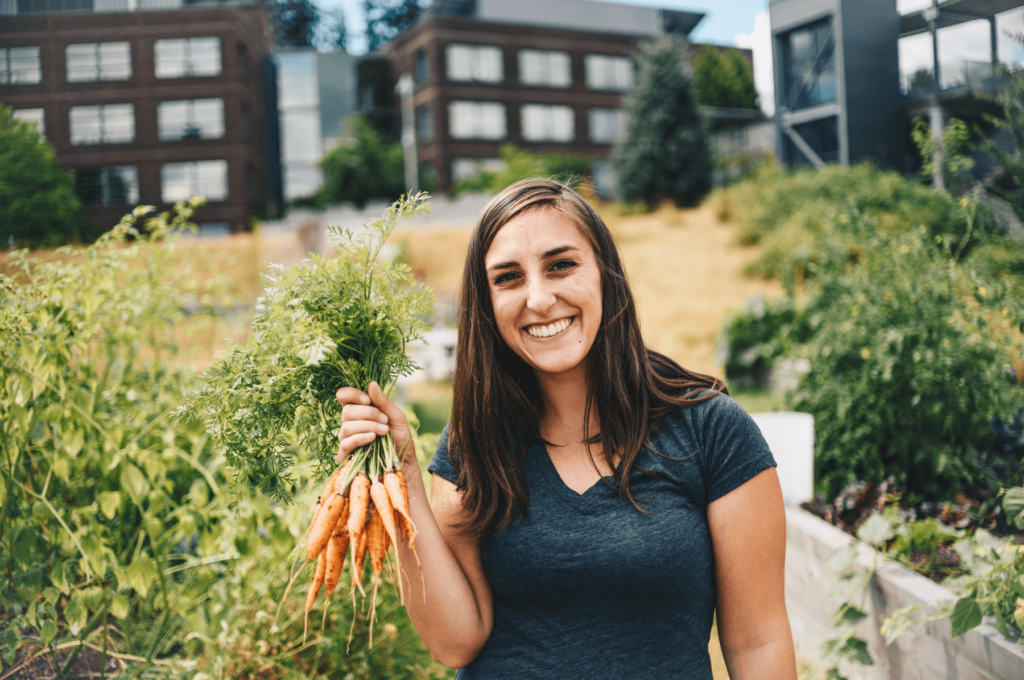Get Involved
Whether you are a student, staff or faculty member, there are endless possibilities for getting involved in sustainability on campus. Our goal is to inspire you to make sustainable shifts in your own life to create positive change in the world. Individual action makes a difference for the collective whole. Contribute to campus sustainability by:
- Volunteering on the campus farm or wetland
- Listening or contributing to the Common Caws for Sustainability Podcast
- Researching native bees with the CCUWBee Native Bee Research Initiative
- Joining the Alliance 4 Sustainability Club
- Signing up for the Office of Sustainability newsletter
- Attending events on the Sustainability Calendar
Sustainability for all
Sustainability is not “just” an environmental subject. It connects to a wide array of interdisciplinary subjects, from economics to teaching to wellness, there is something for everyone to engage with.
If you are interested in research, internships, project opportunities, or if you would like to learn more about our work, contact the Sustainability Office at uwbsust@uw.edu.
Involvement Benefits:
- Boost your resume
- Connect with the local community
- Earn credit through internships and CELR
- Initiate/join sustainability projects
- Work with experts
- Build up citable volunteer work
Volunteering
We have many opportunities to volunteer on campus. Please email us at uwbsust@uw.edu to learn more.
Campus Farm

The campus farm is always looking for volunteers passionate about farming and local food. By participating on the farm, you will build valuable experience in helping to manage and develop a sustainable edible food space! You can also get involved with the farm by or hosting your own event in the space.
To learn more, visit the campus farm webpage.
North Creek Wetland
Interested in getting hands-on experience in wetland restoration? Want a break from sitting indoors? Volunteer for a shift in the wetland!
Volunteer sessions will involve hands on weeding and pruning of invasive species and other general wetland maintenance. This work is incredibly valuable for the health of our wetland ecosystem.
The wetland is an incredible piece of our campus history. To learn more, visit the wetland webpage or join us on a wetland tour. The wetland is closed to the public for safety, but we invite you to walk along the North Creek Trail and the wetland boardwalk. If you would like to request access to the wetland for research or any other reason, please fill out our Wetland Access Request Form.
